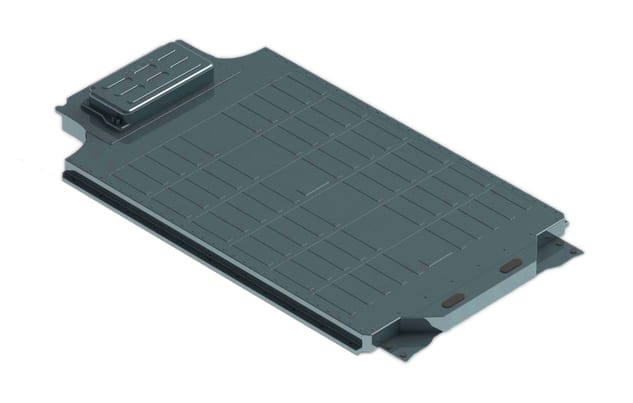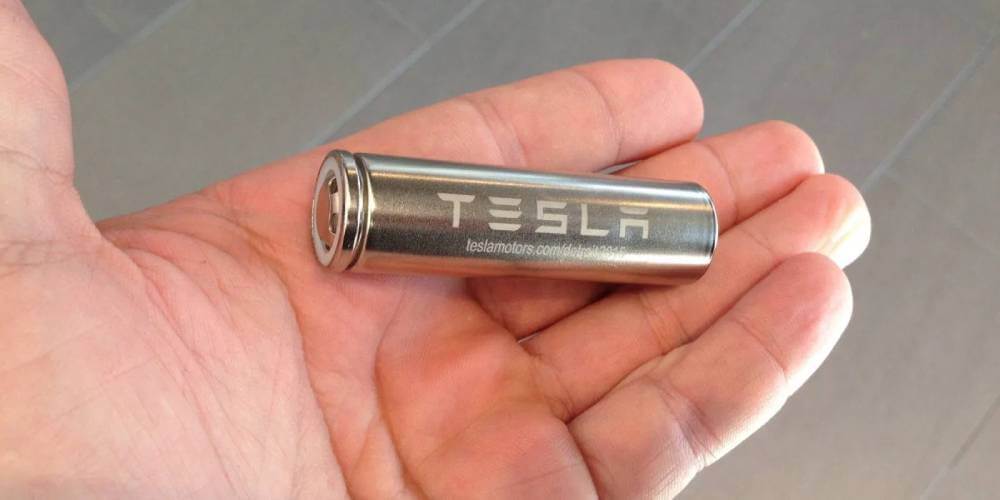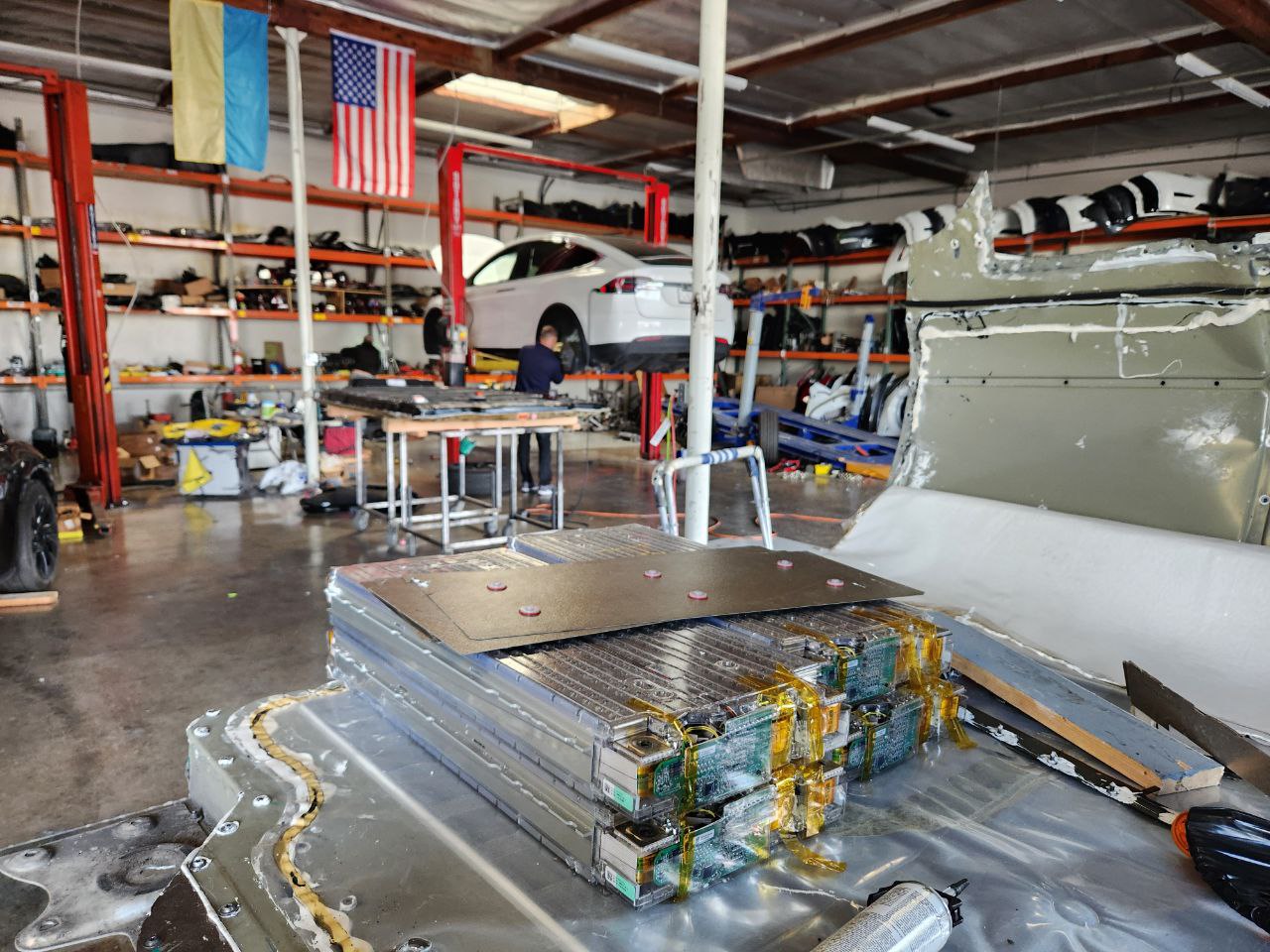Presumably modern EVs also have a fair few electronic sensors? Having one fail (in any car) isn't ideal, but replacing it is usually fairly simple and cheap. Compared to replacing an EV battery pack, anyway.
A Tesla 100 kWh battery pack contains 8,256 mass-produced small cells btw.
The quote you posted was this:
"To help answer this What Car? also tested a nine-year-old Tesla Model S with 258,000 miles on the clock.
The test was set out to to see if concerns around battery longevity are justified. And the answer was overwhelmingly no.
Despite the Model S still being on its original battery and having covered a staggering almost 260,000 miles (effectively travelling to the moon), the test showed the Model S had lost just 8 per cent of its original capacity."
My point is that people are not concerned that a 9 year old EV will lose 8% of range. They are concerned that some of the many thousands of cells in the battery will fail prematurely, requiring a hugely expensive and/or un-guaranteed repair.










